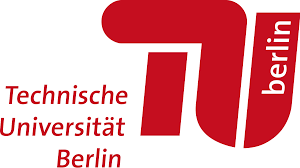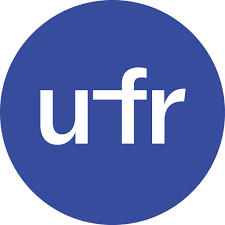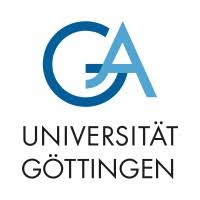Step 1 - Find your Study Program

Technical University Berlin
Berlin
Computational Neuroscience
Subjects: Neuroscience;Science
M.Sc. | Master of Science
Course description
Computational neuroscience is a burgeoning field within neuroscience, drawing on theoretical approaches from mathematics, physics, computer science, and engineering to unravel the complexities of the brain. This discipline integrates experiments, data analysis, and modeling, creating a universal scientific language that bridges neurobiology, cognitive science, and information technology. By addressing well-known research questions, computational neuroscience contributes to improved prevention and treatment strategies for neurological diseases. It fosters unified concepts of biological processes, advances information technologies, and enhances human-machine interactions. Additionally, it offers fresh insights for designing effective teaching and learning strategies. This field's interdisciplinary nature and practical applications make it a vital area of study, promising significant advancements in understanding and manipulating brain functions.
Program Information
| Study Location | Berlin |
| Start Semester | Winter |
| Study Form | Part-time |
| Study Type | Postgraduate |
| Teaching Language | English |
| Dual | No |
| Remote | No |
| Application Fee non-EU | No information |
| Study Length | 4 Semesters |
| Tuition Fees per Semester | No Tuition Fee |
| Cost per Semester | 300.0 EUR |
Step 2 - Check Application Requirements
Application Requirements
Language Requirements
| CEFR | B2 |
| IELTS | 6.5 |
| Cambridge (CAE) | No information |
| TOEFL IBT | 88 |
proficiency in English above B.2 level - non-native speakers should document this with: TOEFL test (570 pts paper-based, 230 pts computer-based, or 88 pts internet-based) Cambridge Certificate of English: Advanced (CAE, min. grade C), IELTS with at least band 6.5, TOEIC with a minimum of 785 points (395 points in each section) UniCert III (min. grade 3,0) or an equivalent certificate like e.g. proof that your previous studies were conducted in an international program with English as the official language (a simple interview is not sufficient)
Qualification Requirements
a bachelor’s or equivalent certificate qualifying applicants for professional work, e.g. German Diplom but not Vor-Diplom), typically in the natural sciences, in an engineering discipline, or in mathematics,sufficient mathematical knowledge (i.e. at least 24 credit points according to the ECTS) particularly in linear algebra (at least 6 credit points), analysis/calculus [including dynamical systems] (at least 6 credit points), probability theory and statistics (at least 6 credit points).
Document Requirements
Applications must include a letter of motivation. Additional qualifications such as professional experience, commitment to social issues, publications, participation in extracurricular events, language skills, and IT skills can be included in the letter of motivation.
Application Process
| Acceptance Interview | No |
| Acceptance local admission restrictions | Restricted |
| Application | directly at the University |
Step 3 - Get studying insights
Your Free StudyBuddy Checklist
Want to simplify your journey to Germany?
-
Interactive step-by-step checklist
-
Helpful explanations and tips along the way
-
Designed for internationals like you


Free Live Webinar
How to Apply and Get Admission to a German University
Get ready to study in Germany!
May 22nd, 2025
-
Learn how to find your ideal program
-
Step-by-step application guide
-
Tips and tricks to get admission
Step 4 – Apply for a Visa

German Visa Guide
Your tailored German visa application guide
Be Prepared for Your Visa Appointment
Value Package
-
New: includes free Expatrio Bank Account. Automatically connected to your Blocked Account
-
German Blocked Account accepted by all German authorities
-
Award-winning public or private health insurance coverage4
-
Free Travel Health Insurance worth up to €953
-
Up to €90 cashback with your personalized health insurance2
-
Instant Blocked Amount confirmation once funds are received
-
24hr customer response time
-
All-in-One app for life in Germany
-
ADDITIONAL FREE BENEFITS
-
Free International Student ID Card (Digital ISIC) worth up to €18*
-
Free eBooks and resources for life and studies in Germany
-
In-app access to top-tier accommodation for internationals
-
Cost Breakdown
-
Monthly fee: Only €5
-
Blocked Account set-up fee: €0 (€69 cashback)1








